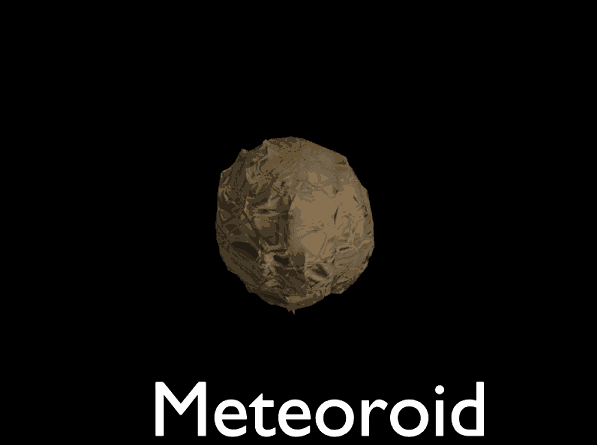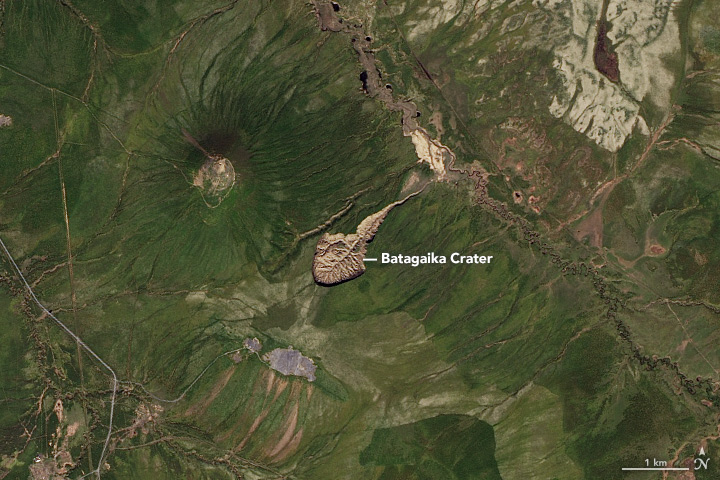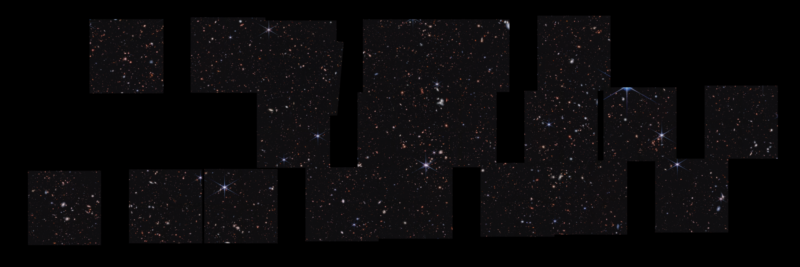Catching a meteor in the act is a rare kind of thrill. Because while humanity may have found ways to make light shows that are more colourful, longer lasting, and far easier to predict (we call them "fireworks"), there's really nothing like being there when one of these things go off.
You've got to be in the right part of the world, looking in the right direction, and you've got to do it all within in a window that barely lasts three or four seconds. Don't you dare blink!
In the end, that's a big reason why we're all pretty grateful for things like security cameras and dashcams. You see, these things don't blink. And as long as they're pointed in the correct direction, they can bear witness to some pretty rad stuff.
Rad stuff like, say ... a meteor in the night sky over Perth, Australia?
Caught you red, uh, rocked?
Can you imagine just driving home one night and seeing that? Wow!
This super-cool occurrence happened on August 28. The meteor was only about 50 centimetres (1.6 feet) wide when it entered the atmosphere. After scientists looked at all of the footage, they estimated that if any of the meteor survived the descent, a meteorite would've landed somewhere in or around the Australian town of York. That's about 100 kilometres (60 miles) from Perth.
We can't help but wonder ... were any security cameras looking in the right direction that night in York?
The 'Meteorite? Alright!' check list
By the way, still not sure what separates a meteor from a meteorite? We're here to help.
Turns out, both of these things begin life as meteoroids. These are small space rocks that range anywhere between pebbles and objects around a meter-wide. If they enter our atmosphere and begin to fall to Earth, they are then called meteors. The friction caused by speeding through our atmosphere at around 72,ooo km/h (45,000 mph) caused the rock to heat up and begin to be blasted to pieces. This is called ablation.
Finally, if there's any rock left, it hits the ground as a meteorite. Still confused? This gif explains all!

(Wikimedia Commons)
Okay, you know what to do—keep watching the sky! Who knows when you'll get lucky?
 You never know when these brilliant little guys will appear! (© Witold Krasowski - Dreamstime.com)
You never know when these brilliant little guys will appear! (© Witold Krasowski - Dreamstime.com)










Wow! I wish I was there! Seeing a meteor is probably a once in a lifetime experience!
Meteors are awesome. The meteors are huge. it look like fireworks. It look like lightning.
So cool 😯